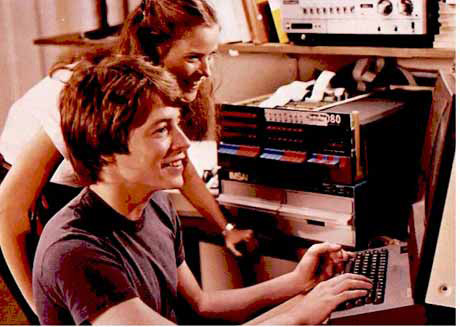
Advertising was never a very exact science, we all knew that 50% of our spend was wasted (but famously didn’t know which 50%), but that’s all changed now and changed forever.
I was lucky enough to be in a presentation from Lucy Arkwright of Rocket Fuel, who’s strapline is a rather cool ‘Artificial intelligence. Real results’. I haven’t seen a more amazing presentation in some time.
In short, what Rocket Fuel do is use single pixels on page to track a users real traffic. Then, using Artificial Intelligence (ie learned behaviour) they build up a picture of your real internet usage and shopping habits. It’s far more than just clicking likes, it’s about behaviours and real moves to action. So, less of what you say you’ll do and all about what you actually do.
As an example, with a traditional ad for a dishwasher, the agency buyer would just buy space in a magazine and hope enough people looking to buy their dishwasher wandered past and happened to want one at that point in time.
This was largely replaced by behavioural retargeting of ads (those ones that follow you around on the internet) which repeatedly show you dishwasher ads if you have ever clicked through to a site selling dishwashers or large kitchen appliances.
What the Rocket fuel system does is understand your specific behaviour. It begins to learn what brands you are most likely to buy and when you are really in the market to buy them. It knows to stop serving you ads when you have seen it more than a given number of times (your personal preferred number and not the rest of the worlds) and then stop serving you ads if you have actually bought a dishwasher from anywhere online. It’s like the Perfect Market, but all the sellers now have all the information. It’s a perfect, perfect market.
The AI bit is the really clever technology. This learned behaviour is done through a billion decisions per second that the system makes about how you like to think, shop and browse online. And this doesn’t just change the game a bit, it changes it completely.
I’ll leave you with a stat to prove the point.
The average click through rate (CTR) on a conventional online display ad is 0.03%, so all in all, pretty wasteful. and clicks aren’t anywhere near as good as actual conversions.
In one of the Rocket fuel examples, they showed that 40 percent of purchases of new BMWs in North America in the second quarter of 2012 were influenced by Rocket Fuel advertisements.
None of us had actually noticed that it wasn’t 50% of our ad spend being wasted, it was 99.97% being wasted. And it’s now with this system it’s back to being closer to 50% again.
When this technology rolls down to smaller users, it will change the way advertising is bought and sold completely. And forever.
Wow, just wow.